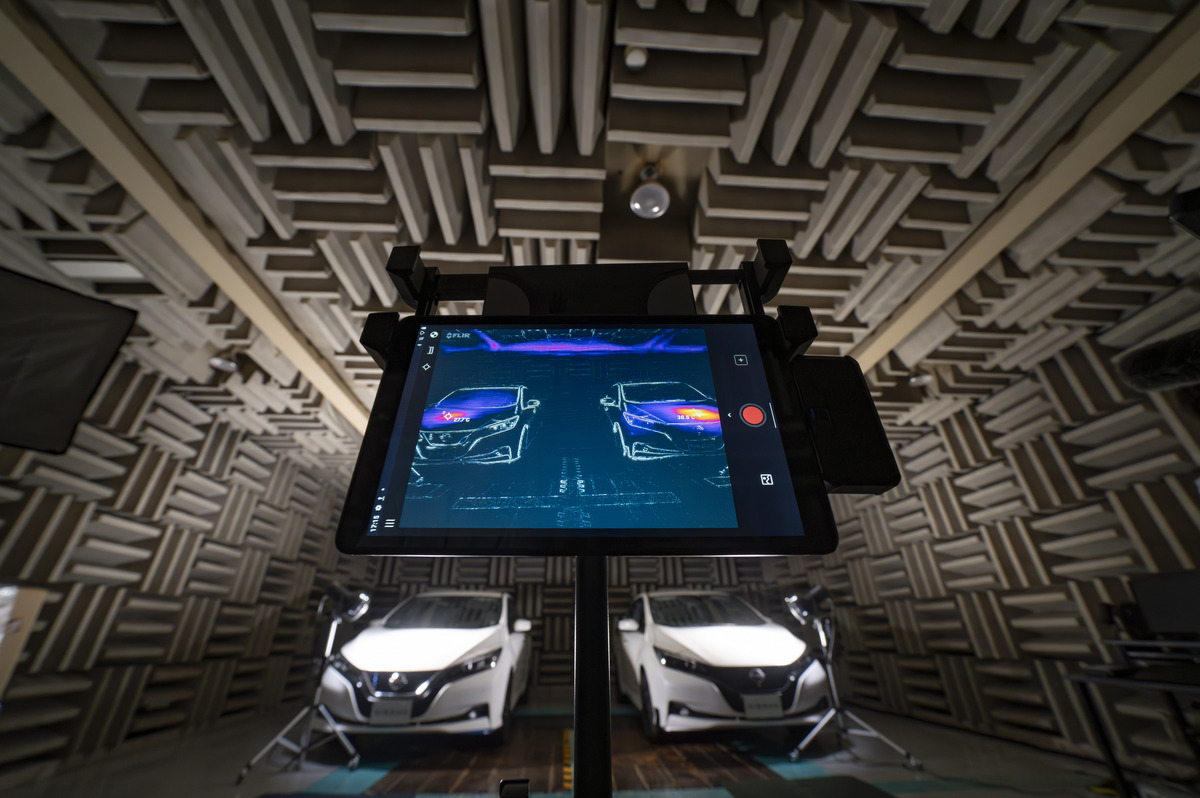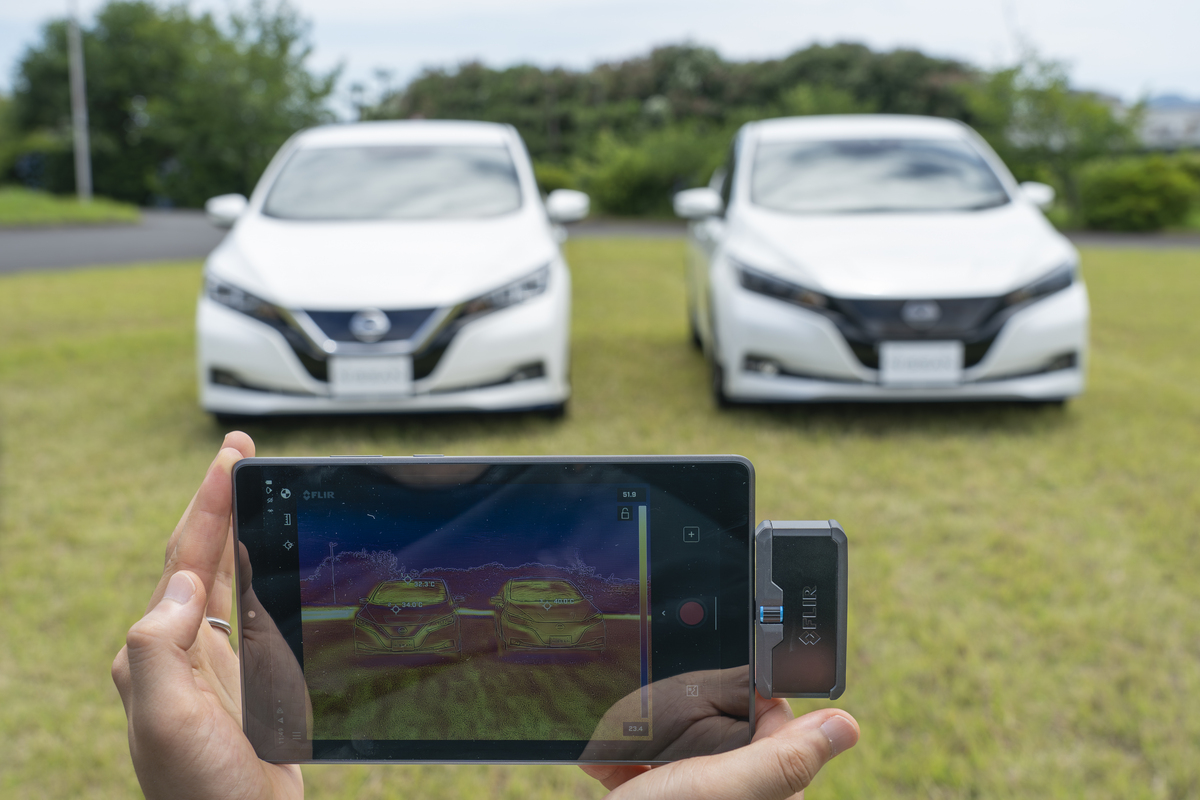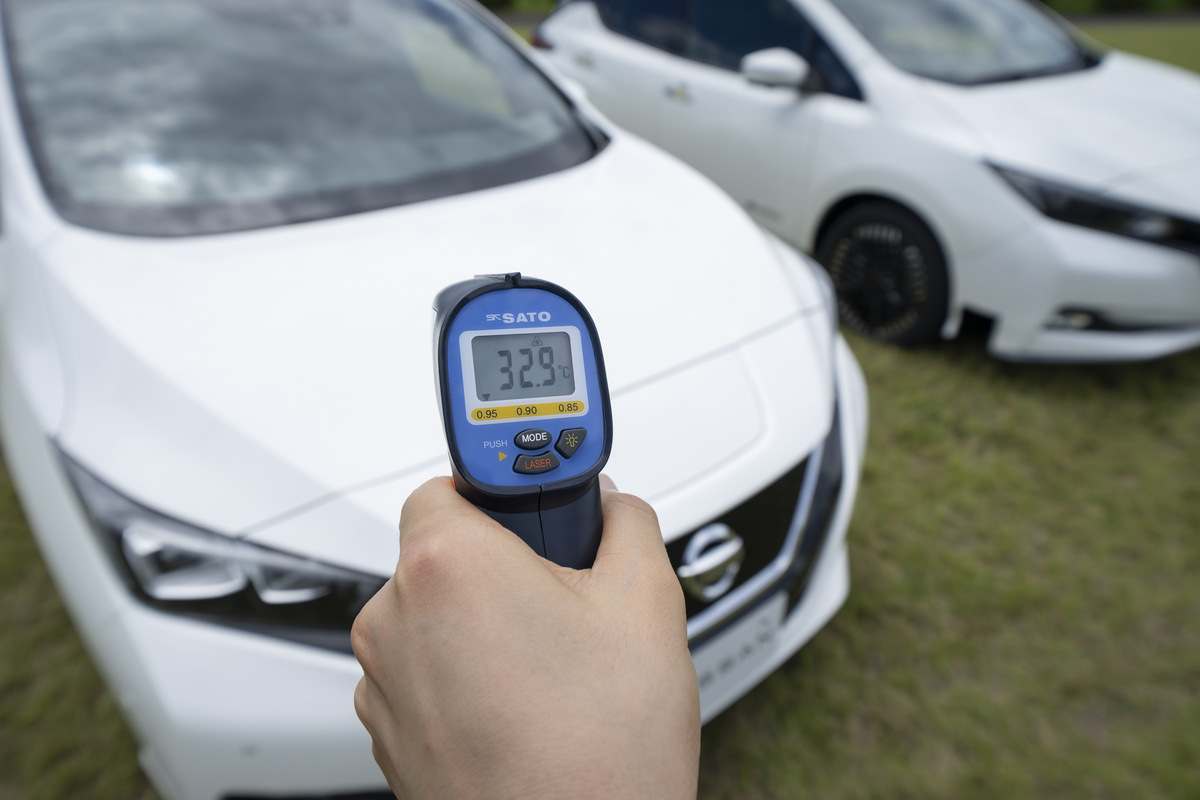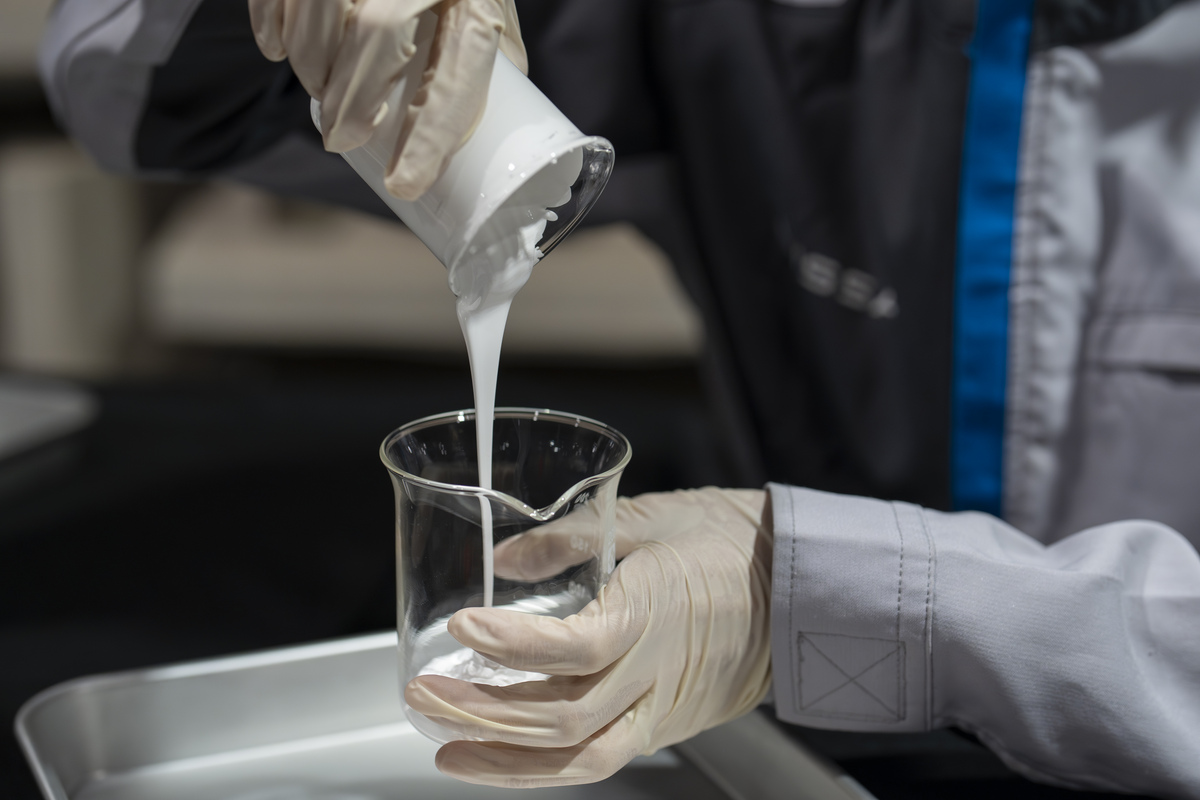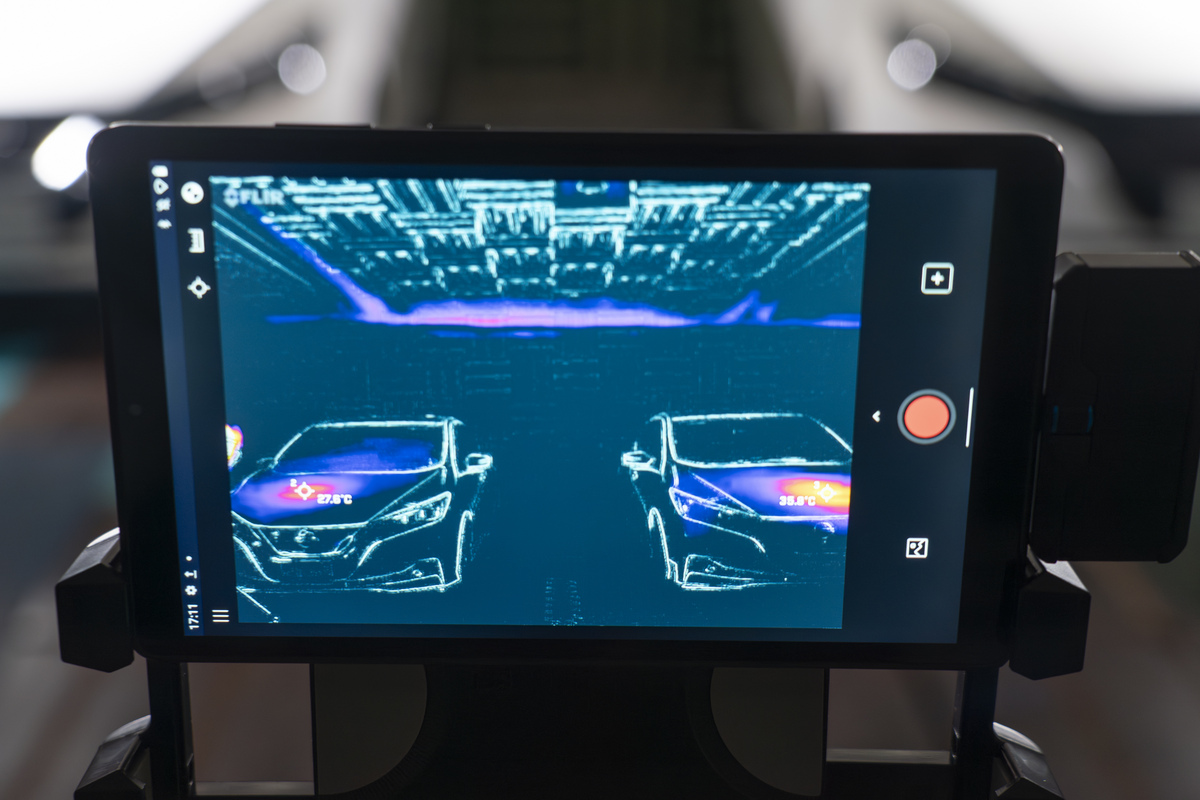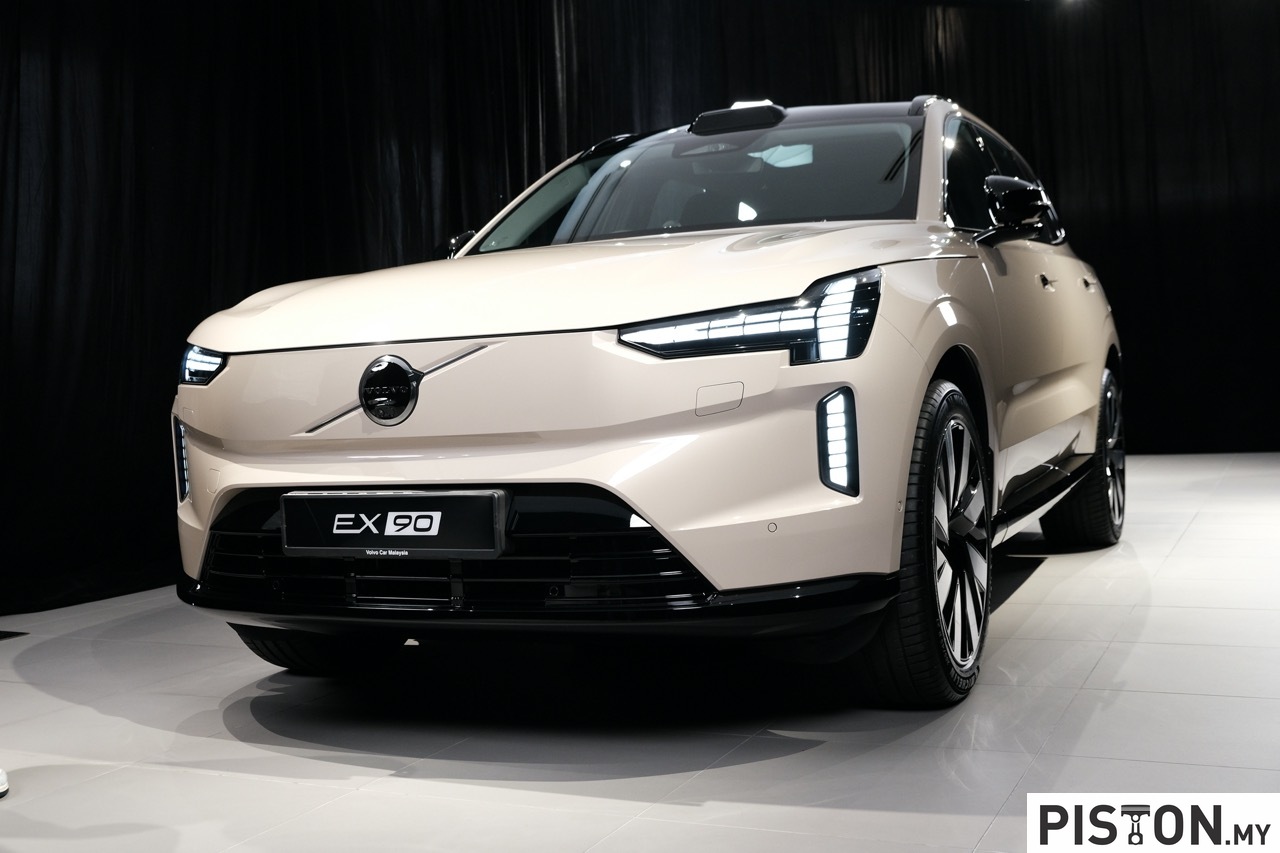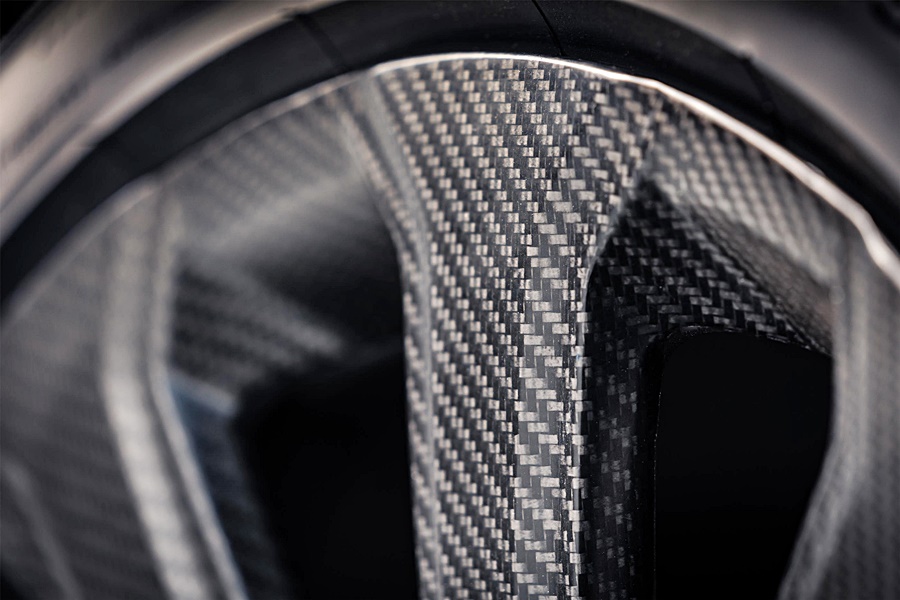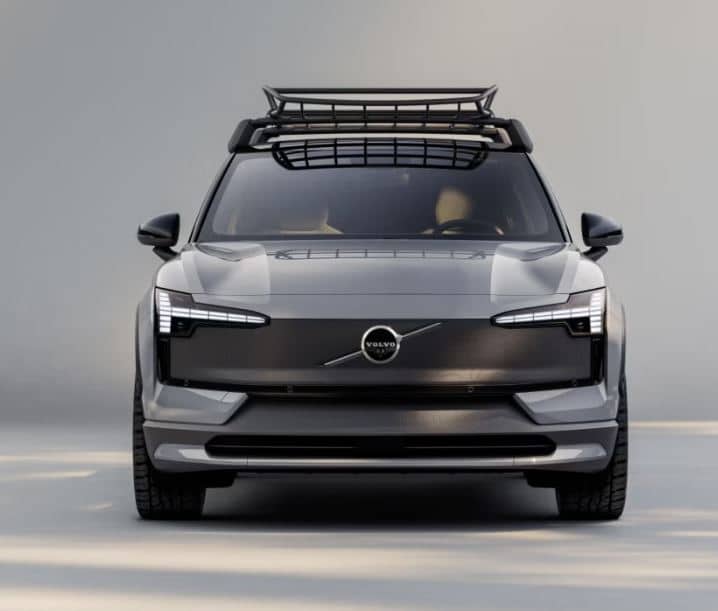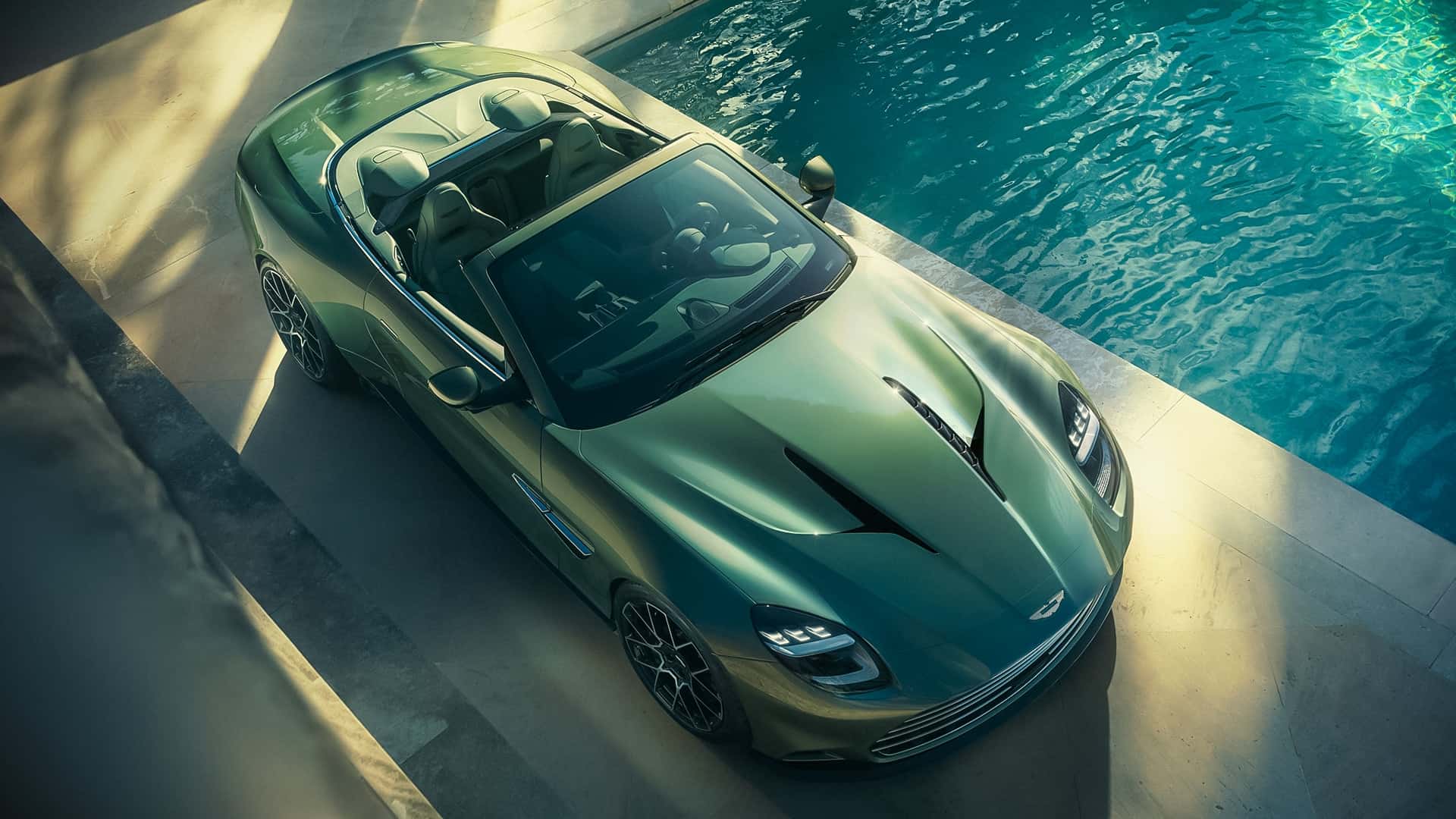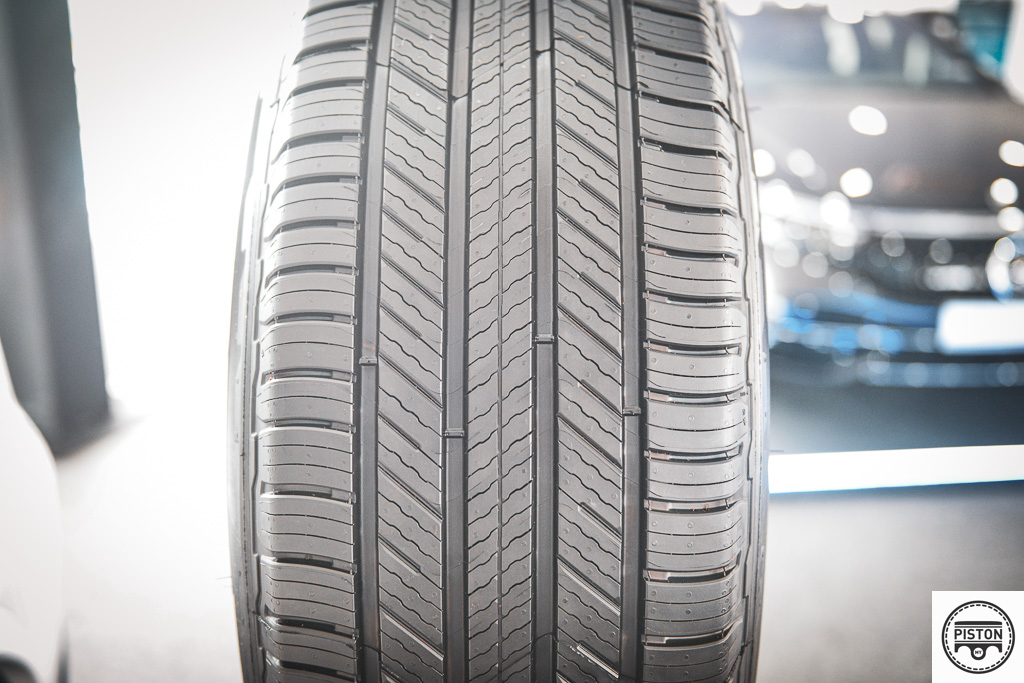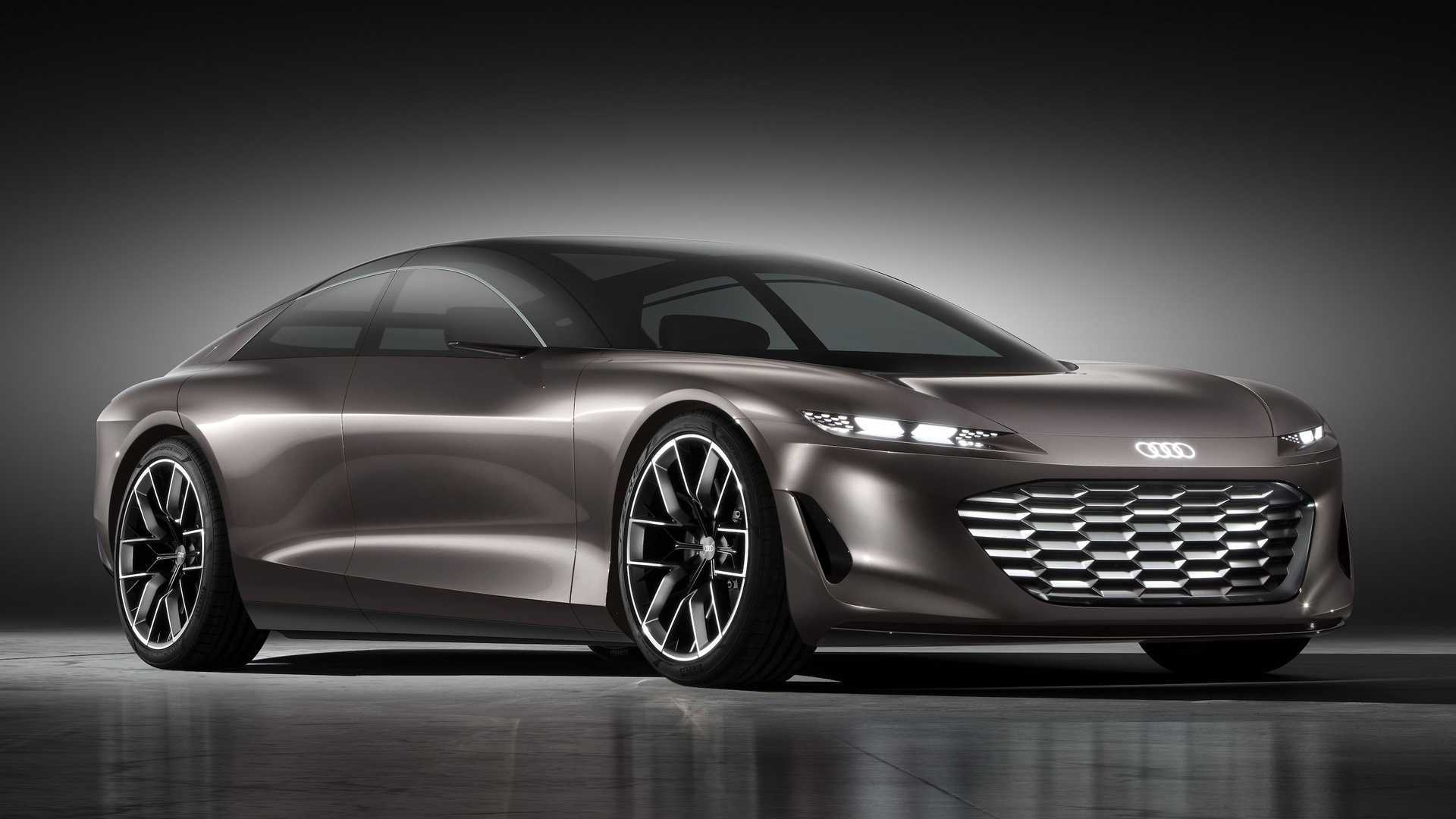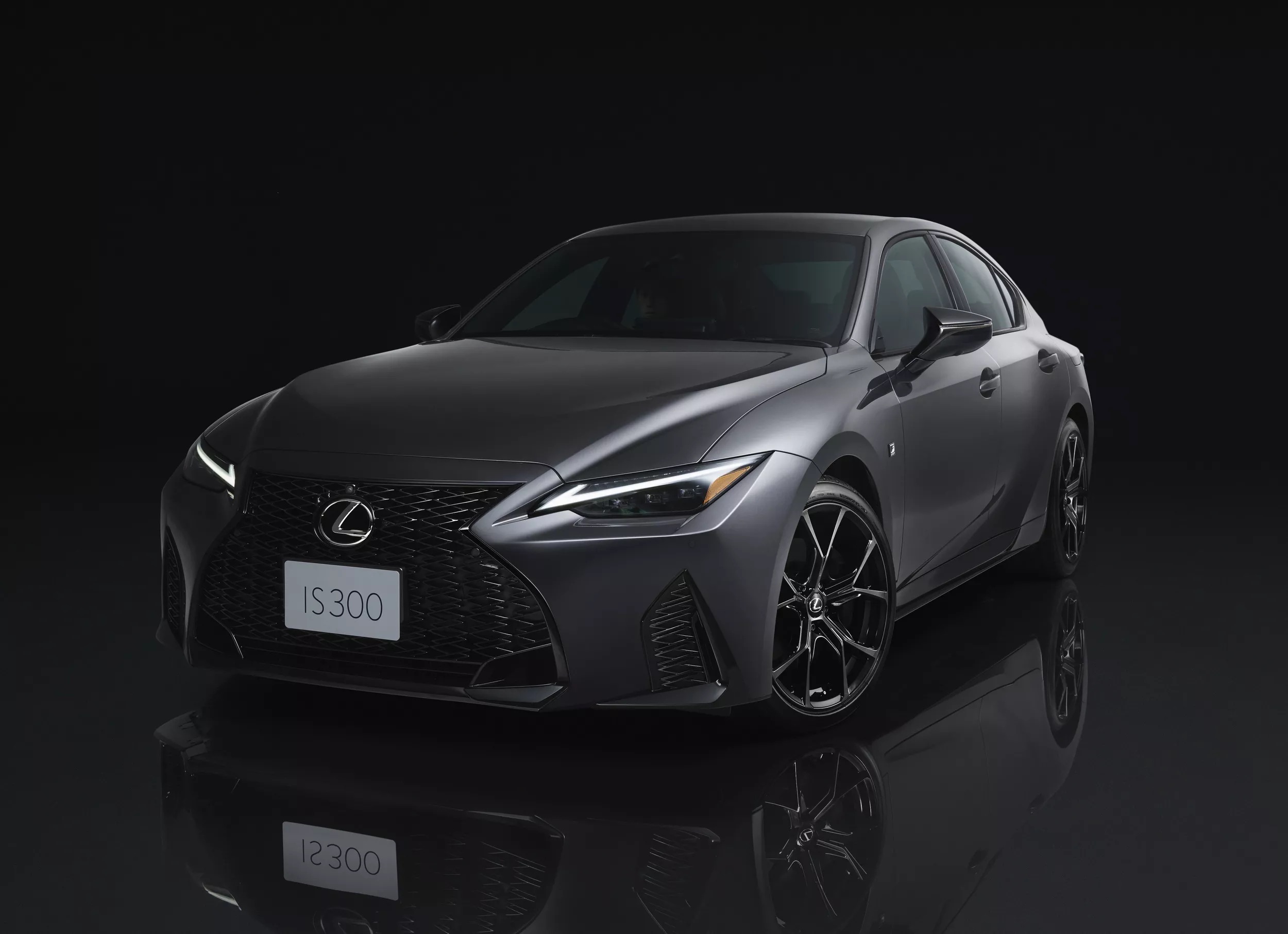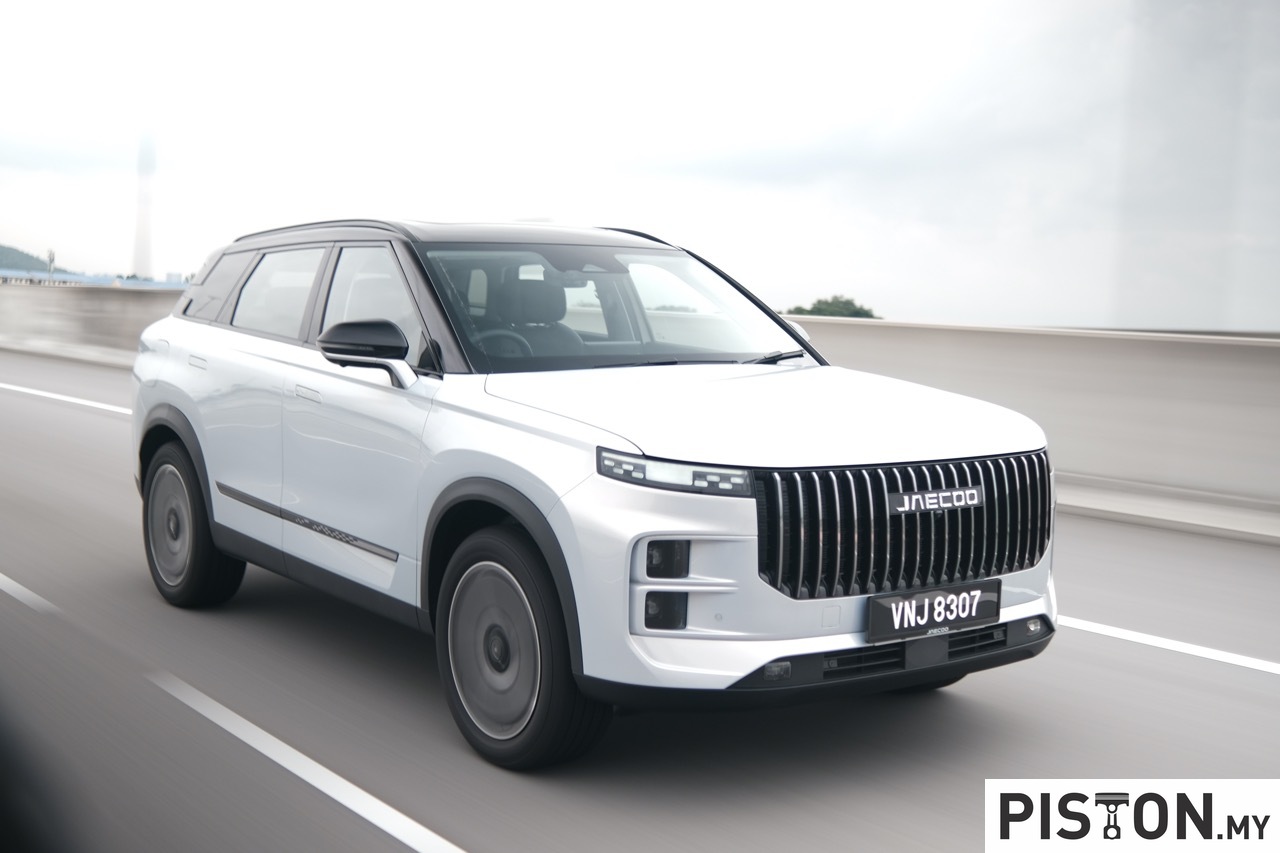Thermal paint coatings are commonly used in commercial buildings to reflect solar energy and keep interiors cool. However, adapting these coatings for automotive use presents unique challenges due to the need for light, thin, and durable finishes. Nissan is addressing these challenges with its new “cool paint,” designed specifically for vehicles.
Overview of Nissan’s Cool Paint
Nissan’s cool paint is a white paint that reflects solar energy, aiming to reduce interior temperatures and air conditioning use. This is particularly beneficial for electric vehicles (EVs), where air conditioning is a significant energy drain. Nissan has tested this paint on service vans at Tokyo’s Haneda Airport and recorded a 9°F (5°C) lower interior temperature compared to standard-painted vehicles.
Unique Features and Benefits
- Advanced Microstructure: The cool paint includes two types of microstructure particles. One reflects near-infrared rays, which typically cause heat in traditional paints. The other creates electromagnetic fields to redirect solar energy back into the atmosphere.
- Application and Durability: The paint is applied in a thin layer of 120 microns, much thinner than typical thermal paints that range from 400 to 800 microns. This thin layer allows it to be sprayed onto vehicles, maintaining the ability to use a clear top coat for protection against scratches and road damage.
- Cost and Weight Considerations: While effective, the cool paint is expected to be expensive. Additionally, although thinner than most thermal paints, it is still thicker than standard car paint, potentially adding weight to the vehicle. Nissan is exploring various thicknesses and colors to optimize the paint for road use.
Future Prospects
Dr. Susumu Miura from Nissan’s Advanced Materials and Processing Laboratory emphasises the importance of reducing energy consumption for cooling, especially in the EV era. The cool paint’s potential to lower air conditioning use could extend EV range and enhance overall vehicle efficiency.
Nissan’s innovative approach to thermal coatings sets it apart in the industry, with ongoing tests and development aimed at making this technology widely available for road cars.




